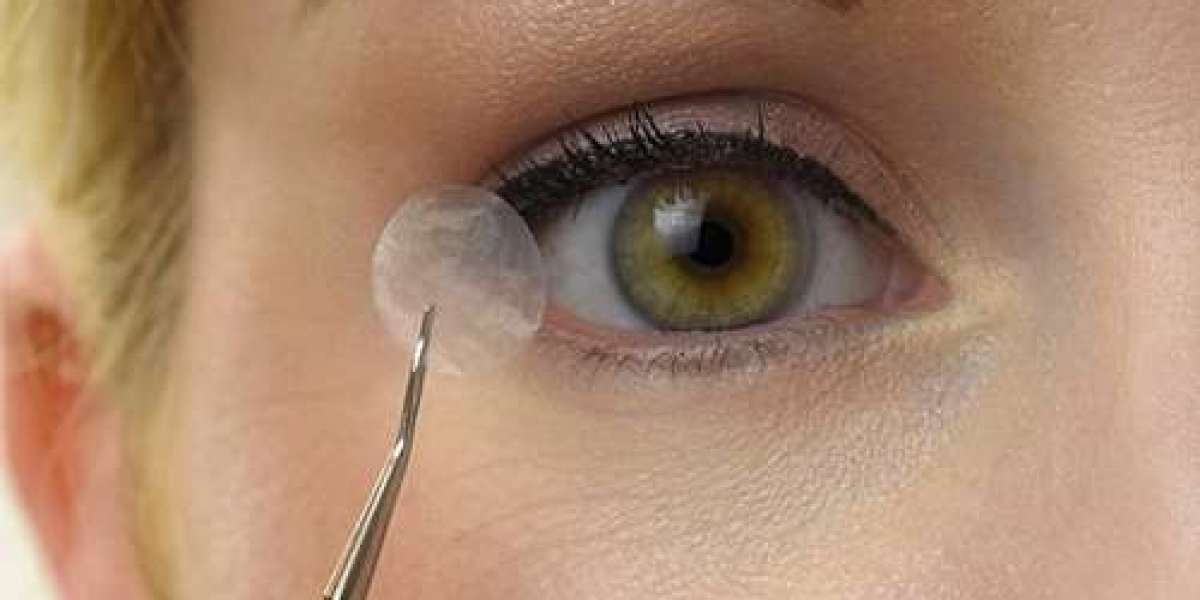Introduction
Embryo development is a complex process influenced by a multitude of factors. While embryo quality is often assessed through grading systems that evaluate morphology and cell division, many other elements play crucial roles in determining the viability and health of embryos. Understanding these factors can provide insights into the success of assisted reproductive technologies (ART) such as in vitro fertilization (IVF). This article explores the various influences on embryo development beyond traditional quality scores, including genetic factors, maternal health, environmental conditions, and nutritional aspects.
Genetic Factors
Genetic makeup is one of the most significant determinants of embryo health and development:
Chromosomal Integrity
The presence of chromosomal abnormalities can severely impact embryo viability. Conditions such as aneuploidy (an abnormal number of chromosomes) can lead to failed implantation or miscarriage【1】【4】. Genetic testing, such as preimplantation genetic testing for aneuploidy (PGT-A), allows for the identification of these abnormalities before embryo transfer.
Parental Genetics
The genetic compatibility of both parents also plays a role in embryo development. Certain genetic combinations may predispose embryos to developmental issues or health problems【2】【3】. For example, inherited genetic mutations can affect not only the embryo's physical characteristics but also its susceptibility to specific health conditions.
Epigenetics
Beyond traditional genetics, epigenetic factors—changes in gene expression caused by environmental influences—can also affect embryo development. These changes can be influenced by parental lifestyle choices and environmental exposures【1】【5】.
Maternal Health
The health of the mother significantly influences embryo development:
Maternal Age:
Advanced maternal age is associated with a higher risk of chromosomal abnormalities in embryos, which can lead to complications during pregnancy【2】【4】. As women age, the quality and quantity of their eggs decline, impacting overall embryo viability.
Hormonal Balance
Hormones play a critical role in regulating reproductive processes. Conditions such as polycystic ovary syndrome (PCOS) or thyroid disorders can disrupt hormonal balance and affect egg quality and embryo development【3】【5】.
Medical Conditions
Chronic health issues like diabetes, hypertension, or autoimmune disorders can negatively impact pregnancy outcomes【1】【4】. Proper management of these conditions before and during pregnancy is essential for optimizing embryo health.
Environmental Influences
Environmental factors can have profound effects on embryo development:
Exposure to Toxins
Environmental toxins, such as pesticides, heavy metals, and industrial chemicals, can adversely affect reproductive health and embryonic development【1】【2】. Couples undergoing IVF should be aware of their surroundings and minimize exposure to harmful substances.
Pollution
Air pollution has been linked to adverse reproductive outcomes, including lower fertility rates and increased risks of miscarriage【3】【5】. Reducing exposure to polluted environments may enhance reproductive success.
Occupational Hazards
Certain occupations expose individuals to chemicals or physical stressors that may negatively impact fertility and embryo viability【1】【4】. Awareness and protective measures are crucial for those working in high-risk environments.
Nutritional Factors
Nutrition plays a vital role in supporting healthy embryo development:
Balanced Diet
A well-balanced diet rich in essential nutrients is crucial for optimal reproductive health. Nutrients such as folic acid, iron, zinc, and omega-3 fatty acids contribute to healthy egg quality and embryo development【2】【3】.
Preconception Nutrition
The nutritional status of both partners prior to conception can influence embryo viability. A diet lacking in essential vitamins and minerals may impair fertility and increase the risk of developmental issues in embryos【1】【5】.
Hydration
Adequate hydration is essential for overall health and can positively influence reproductive functions【2】【4】. Staying hydrated supports blood flow to the reproductive organs and helps maintain optimal cellular functions.
Laboratory Conditions
The environment in which embryos are cultured plays a crucial role in their development:
Culture Media
The composition of culture media used during IVF affects nutrient availability and embryonic growth【1】【3】. Advances in culture media formulations aim to replicate natural conditions more closely, enhancing embryo viability.
Temperature and pH Levels:
Maintaining optimal temperature and pH levels during embryo culture is essential for promoting healthy development【2】【4】. Deviations from ideal conditions can lead to stress on developing embryos.
Time-Lapse Imaging:
Innovations like time-lapse imaging allow embryologists to monitor embryos continuously without disturbing them【1】【5】. This technology provides valuable insights into developmental patterns that can inform decisions about which embryos to transfer.
Psychological Factors
Mental health also plays a role in reproductive success:
Stress Impact
High levels of stress have been associated with negative outcomes in fertility treatments【2】【4】. Stress management techniques such as mindfulness, yoga, or counseling may improve emotional well-being and potentially enhance treatment outcomes.
Support Systems
Emotional support from partners, family members, or support groups can alleviate anxiety and improve coping mechanisms during the IVF process【1】【5】. Building a strong support network is crucial for couples navigating infertility challenges.
Conclusion
Embryo development is influenced by a complex interplay of factors beyond traditional quality scores. Genetic makeup, maternal health, environmental conditions, nutritional status, laboratory practices, and psychological well-being all contribute significantly to the viability of embryos during assisted reproductive technologies like IVF.
Understanding these factors empowers couples facing infertility challenges to take proactive steps toward optimizing their chances for successful pregnancies. By focusing on overall health—both physical and emotional—couples can enhance their reproductive outcomes while navigating the complexities of assisted reproduction.
As research continues to uncover new insights into the factors influencing embryo development, advancements in ART will likely lead to improved strategies for assessing viability and increasing success rates for couples striving to achieve their dreams of parenthood.








